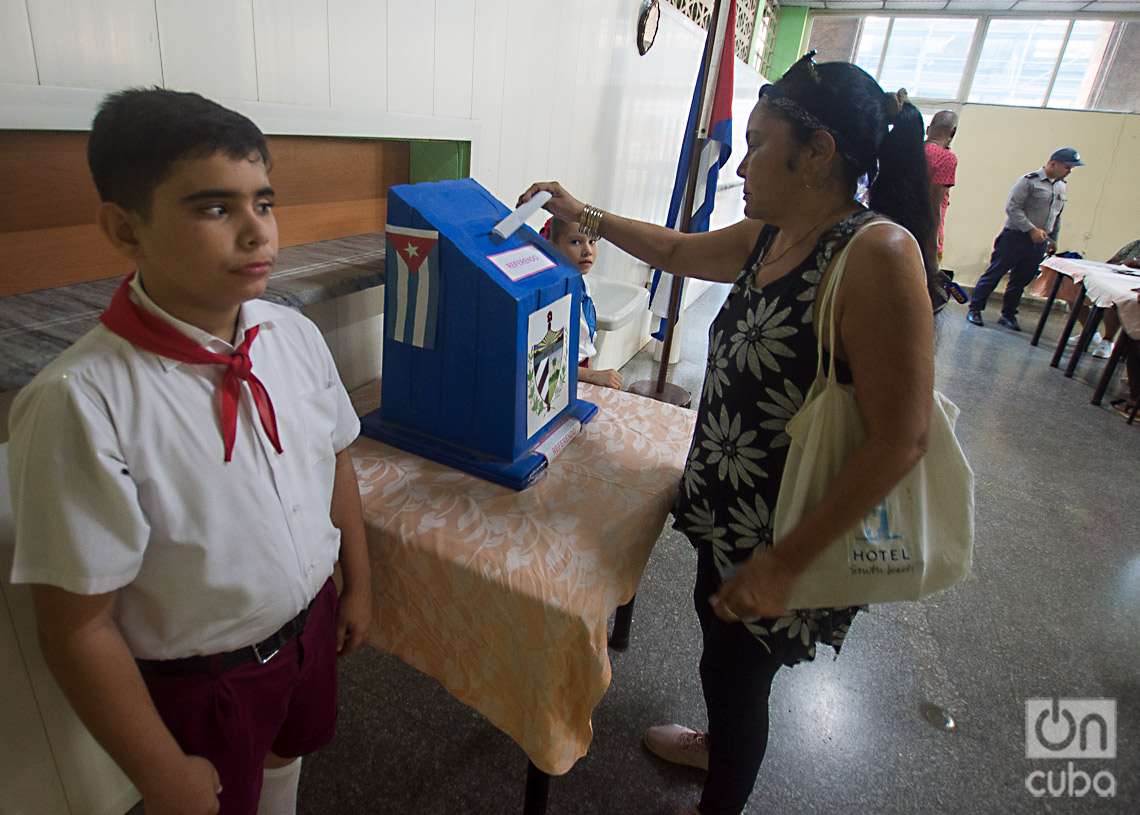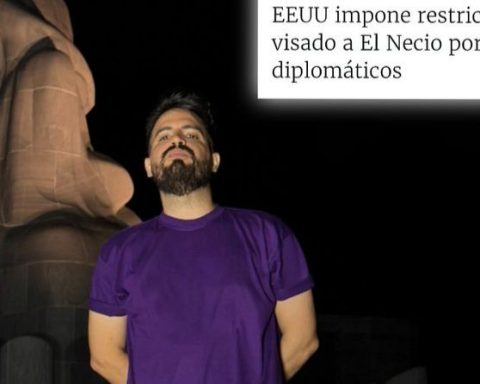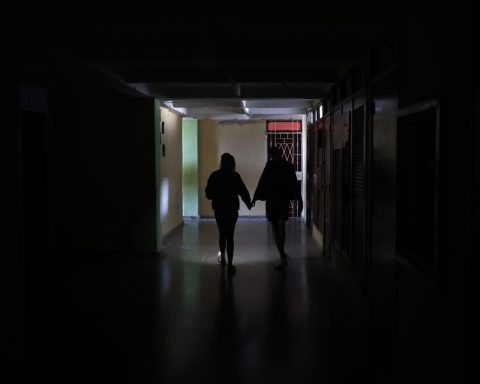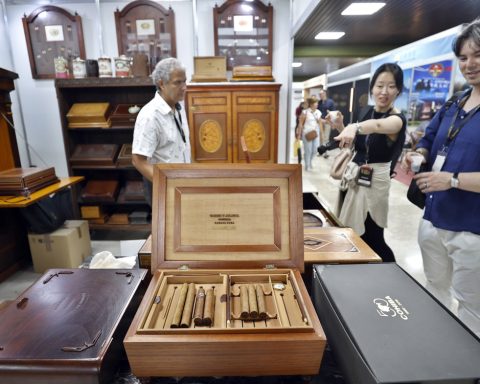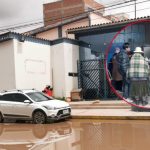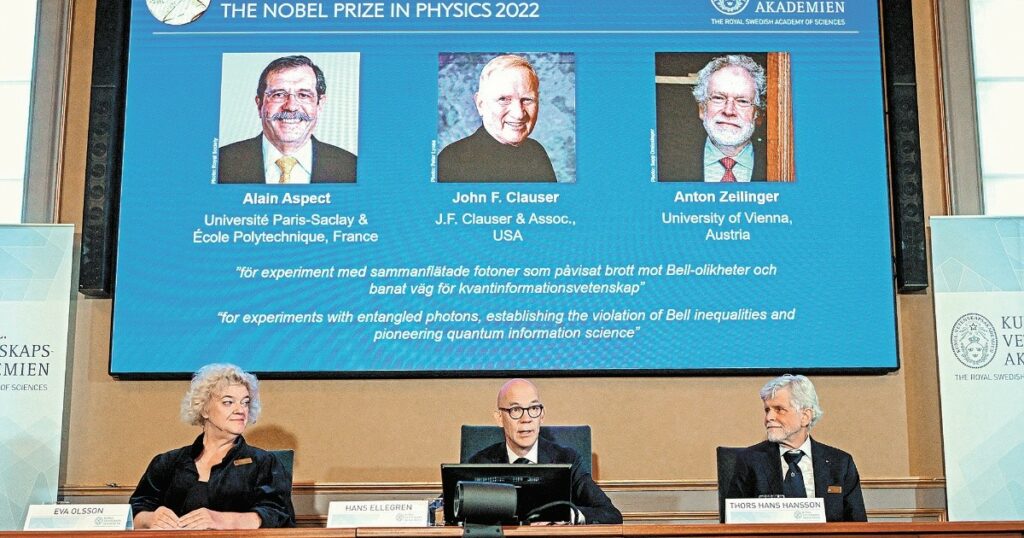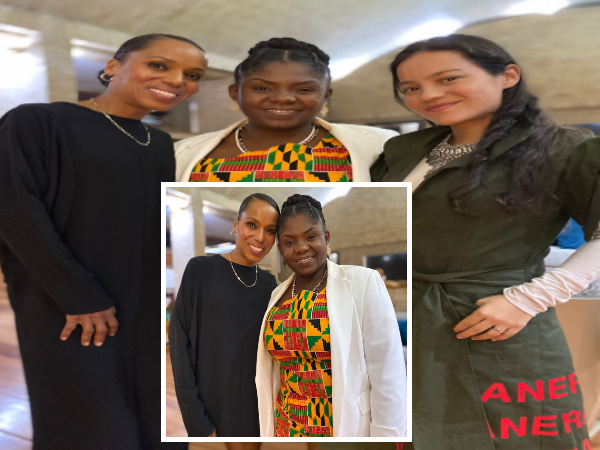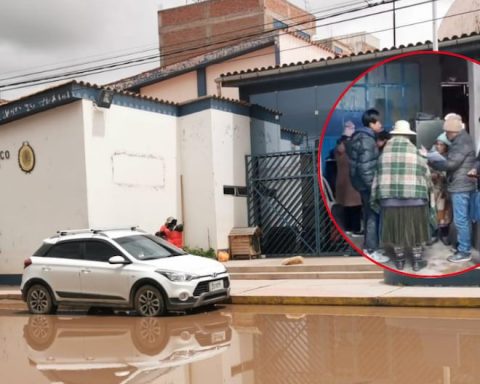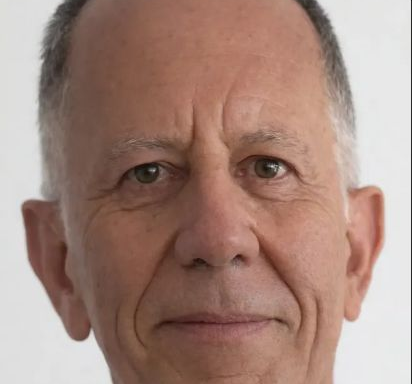The National Electoral Council of Cuba (CEN) confirmed this Tuesday the triumph of the “Yes” in the referendum on the Family Codeheld last Sunday, September 25.
Although already on the day following the vote, the electoral body had announced the approval of the regulations in a preliminary report, but with an “irreversible trend”, it is now that the official results of the exercise are being reported, in which 6,269,427 Cubans participated, both on the island and on official missions abroad.
Alina Balseiro, president of the CEN, detailed this Tuesday afternoon at a press conference that this number of voters represented 74.12% of the updated electoral roll that, after processing 13,058 inclusions for various reasons and 2,547 exclusions due to death , was finally made up of 8,457,978 people.
IN INFOGRAPHIC | Updated number of voters who should exercise their right to vote, in the recently held legislative referendum on the Family Code. #Cuba pic.twitter.com/4IBomWXzEL
— Elections in Cuba (@Elecciones_Cuba) October 4, 2022
Of all the voters who participated in the referendum, 5,909,385 (94.25%) cast valid votes, and of these 3,950,288 (66.85%) opted for “Yes” and 1,959,097 (33.15%) ) for “No”, which means a minimal change with respect to the preliminary data, which had indicated 66.87% in favor and 33.13% against.
As for the blank ballots, these were 202,164 (3.22%) and the annulled ones amounted to 157,878 (2.51%).
According to CEN figures, in all Cuban provinces the approving option won, with Cienfuegos (72.15%), Ciego de Ávila (71.29%) and Isla de la Juventud (71.29%) as the ones with the highest support for the Code at the polls, while Holguín (53.58%) and Guantánamo (56.21%) were the only ones where approval did not reach 60%.
In the case of Havana, the “Yes” was marked by 69.99% of the voters, while in the official Cuban missions abroad, which carried out the referendum a week in advancesupport reached 84.17%.
IN INFOGRAPHIC | In the referendum on the Family Code, 3,950,288 voters voted for Yes, which represents 66.85% of the total number of valid ballots. 1,959,097 voters voted for No, which represents 33.15%. Let’s see the behavior of the above by territories. pic.twitter.com/mbuaxmkJN9
— Elections in Cuba (@Elecciones_Cuba) October 4, 2022
According to Balseiro, the process was carried out with “total transparency and adherence to the truth,” and the most significant incidents that were reported were associated with meteorological situations that forced the extension of the closing hours of schools in some territories.
These situations, in the opinion of the president of the CEN, may have led to the referendum of last September 25 registering the lowest participation in voting of different kinds in Cuba since 1959, although the official declined to interpret these results in political terms as it was asked by the press.
Furthermore, questioned by OnCubaBalseiro assured that no complaints had been received about the results of the referendum in any college or territory, and explained that the national and provincial authorities were still carrying out supervision and control of the work and reports at the local level.
“Who said everything is lost?” The referendum and its legacy
After being announced the “irreversible” triumph of the “Yes” by the CEN on September 26, the Cuban president, Miguel Díaz-Canel, and the president of the National Assembly of People’s Power, Esteban Lazo Hernández, signed and endorsed the new legislation in a ceremony held at the Palace of the Revolution, in Havana.
A day later, at a time when western Cuba was suffering from the scourge of Hurricane Ian, the Family Code came into force when it was published in the Official Gazette.
